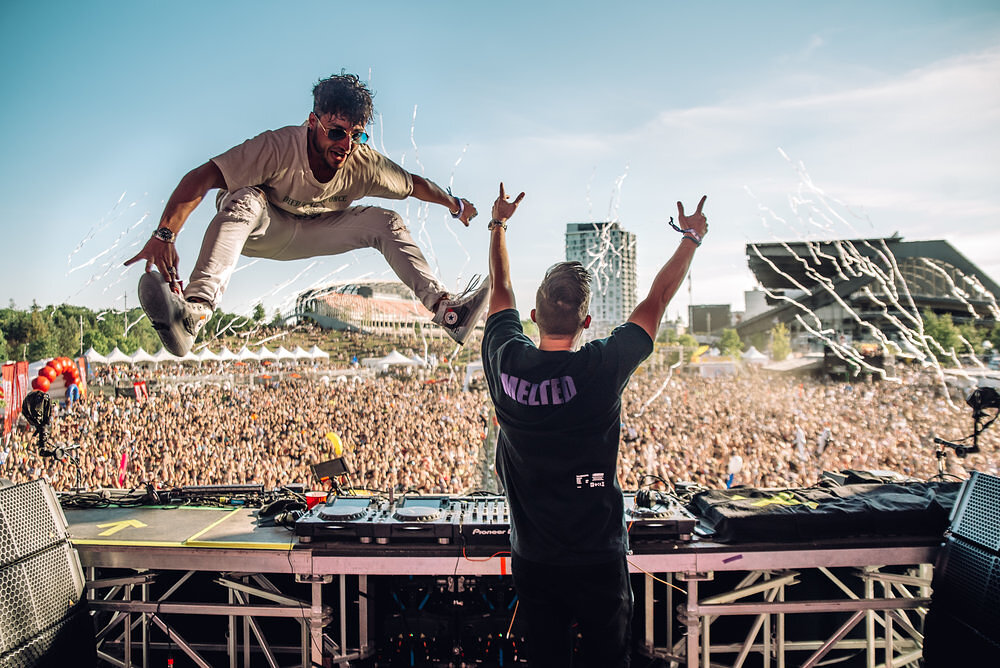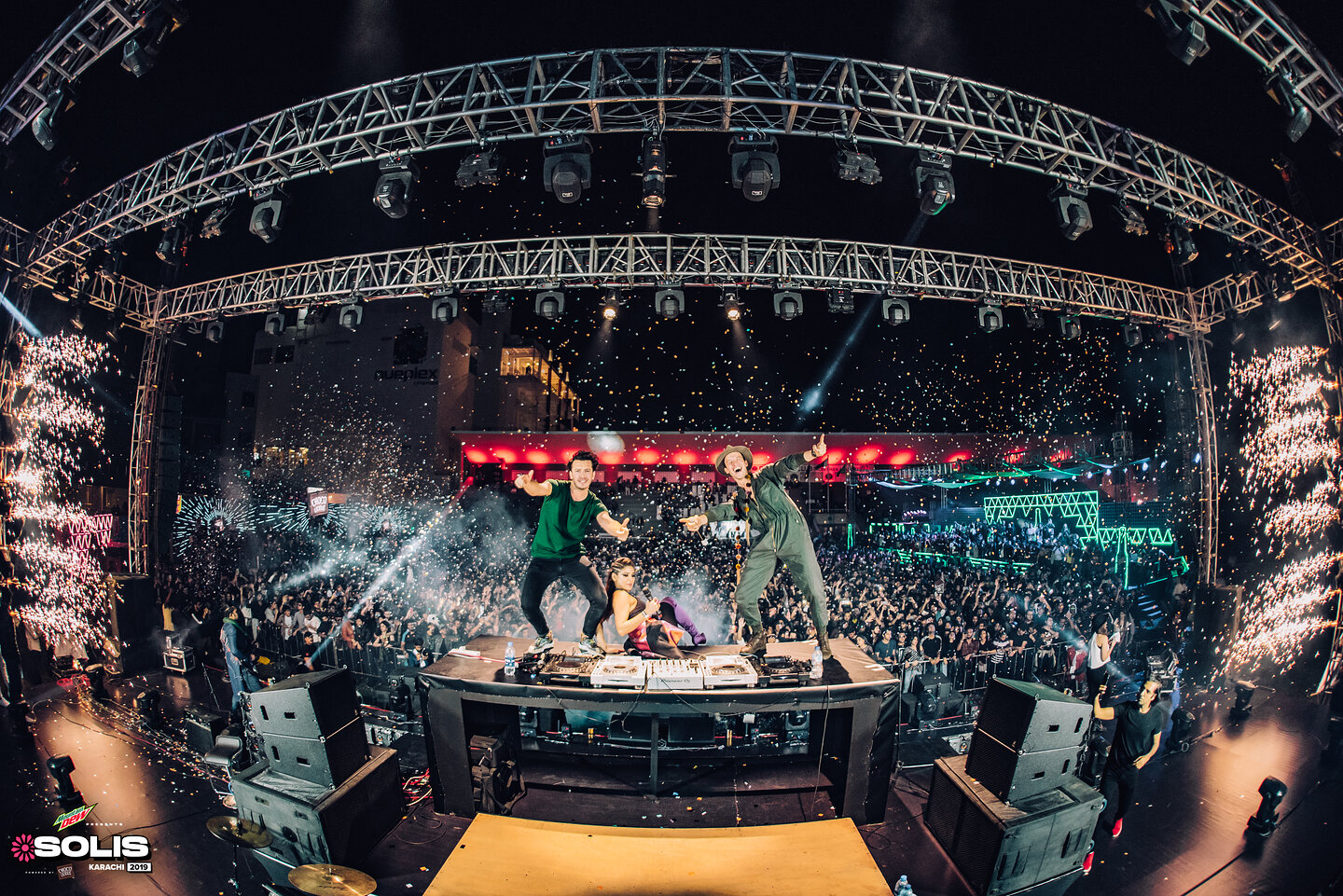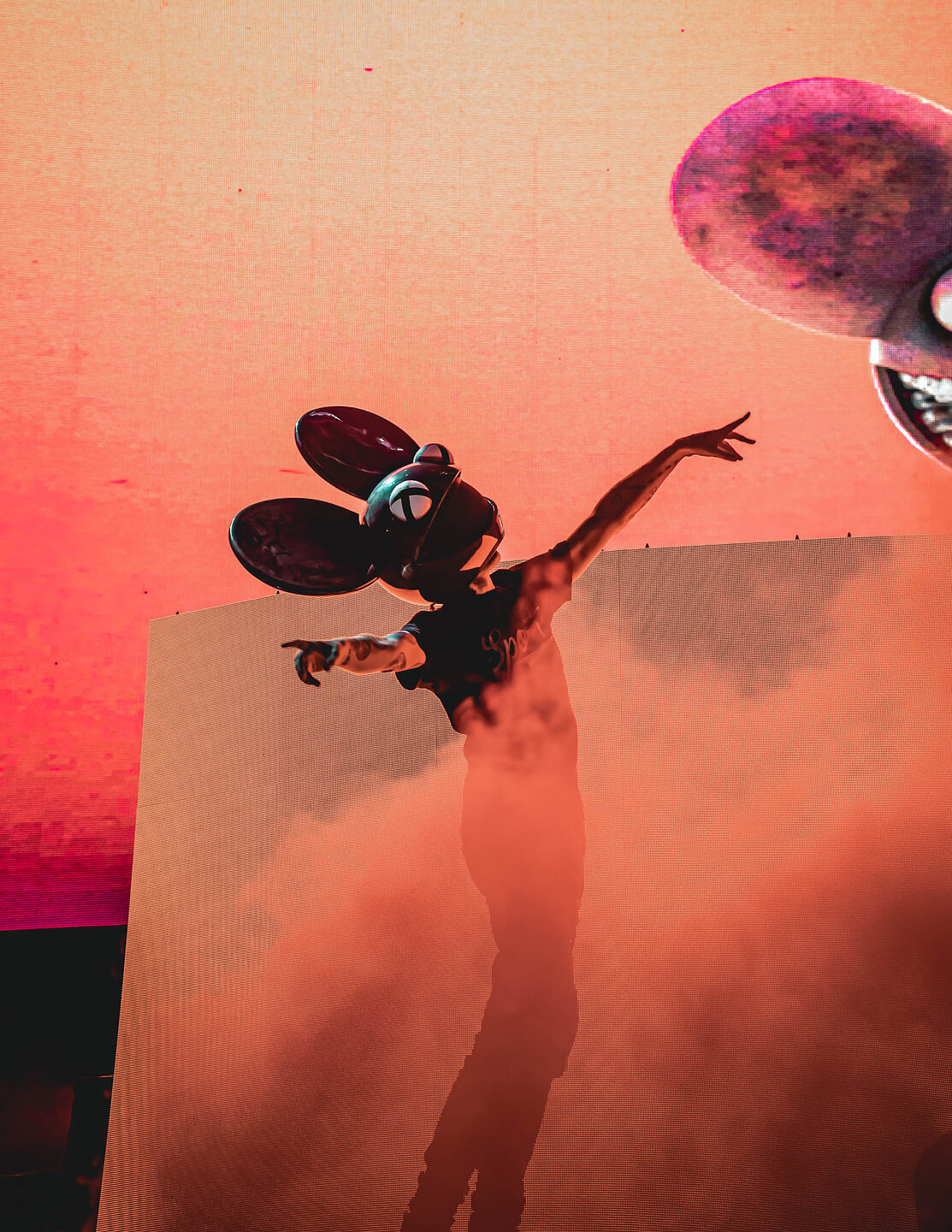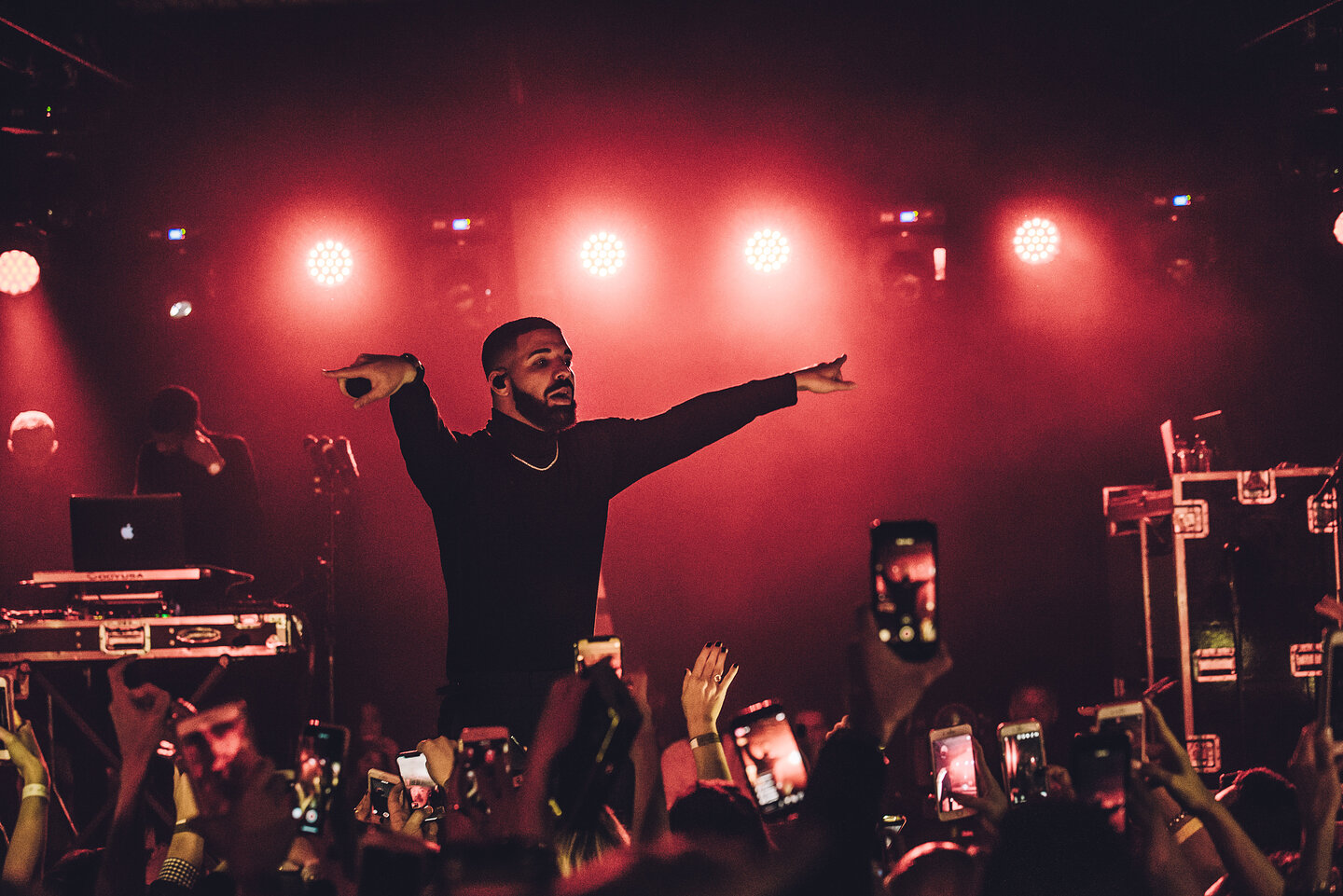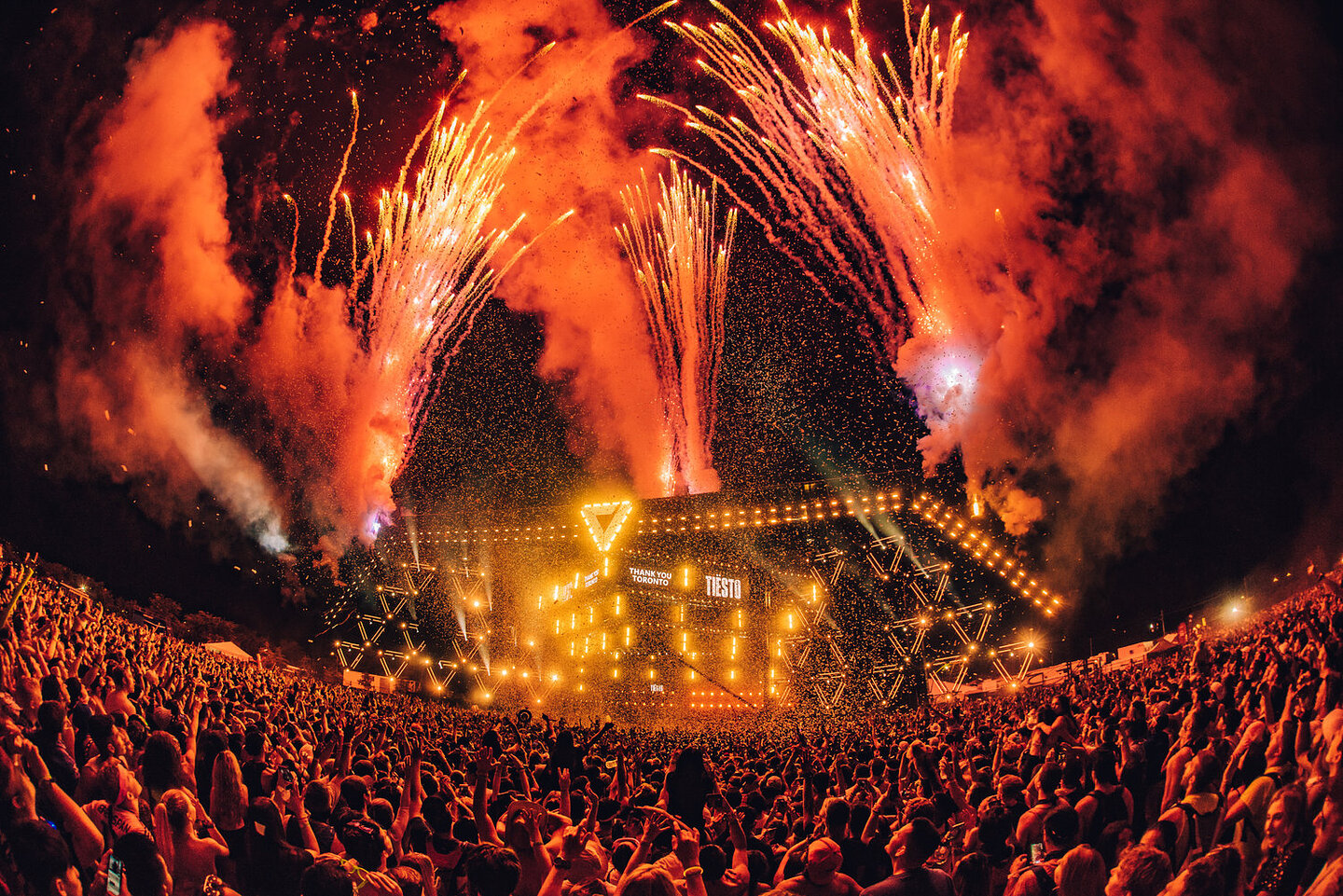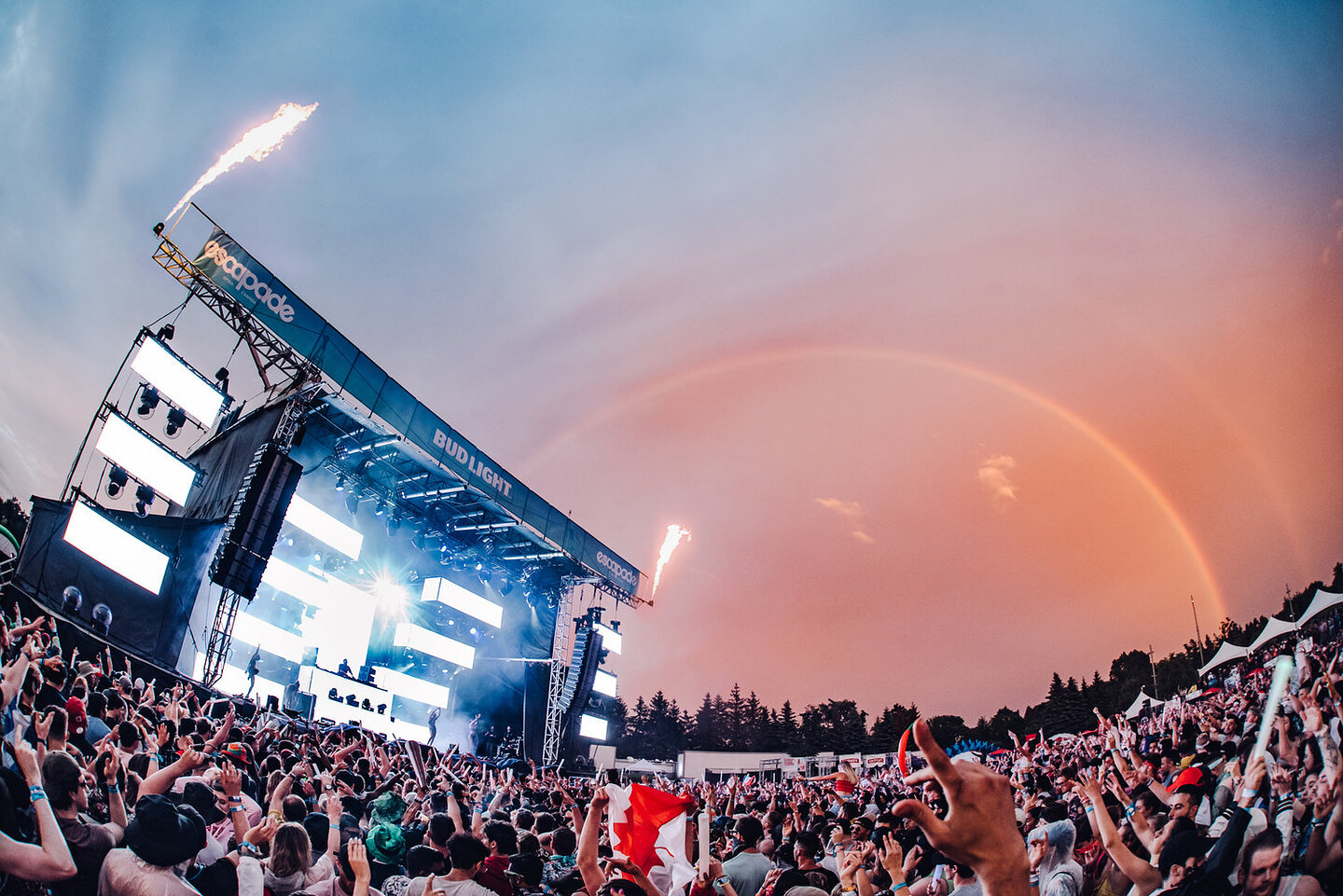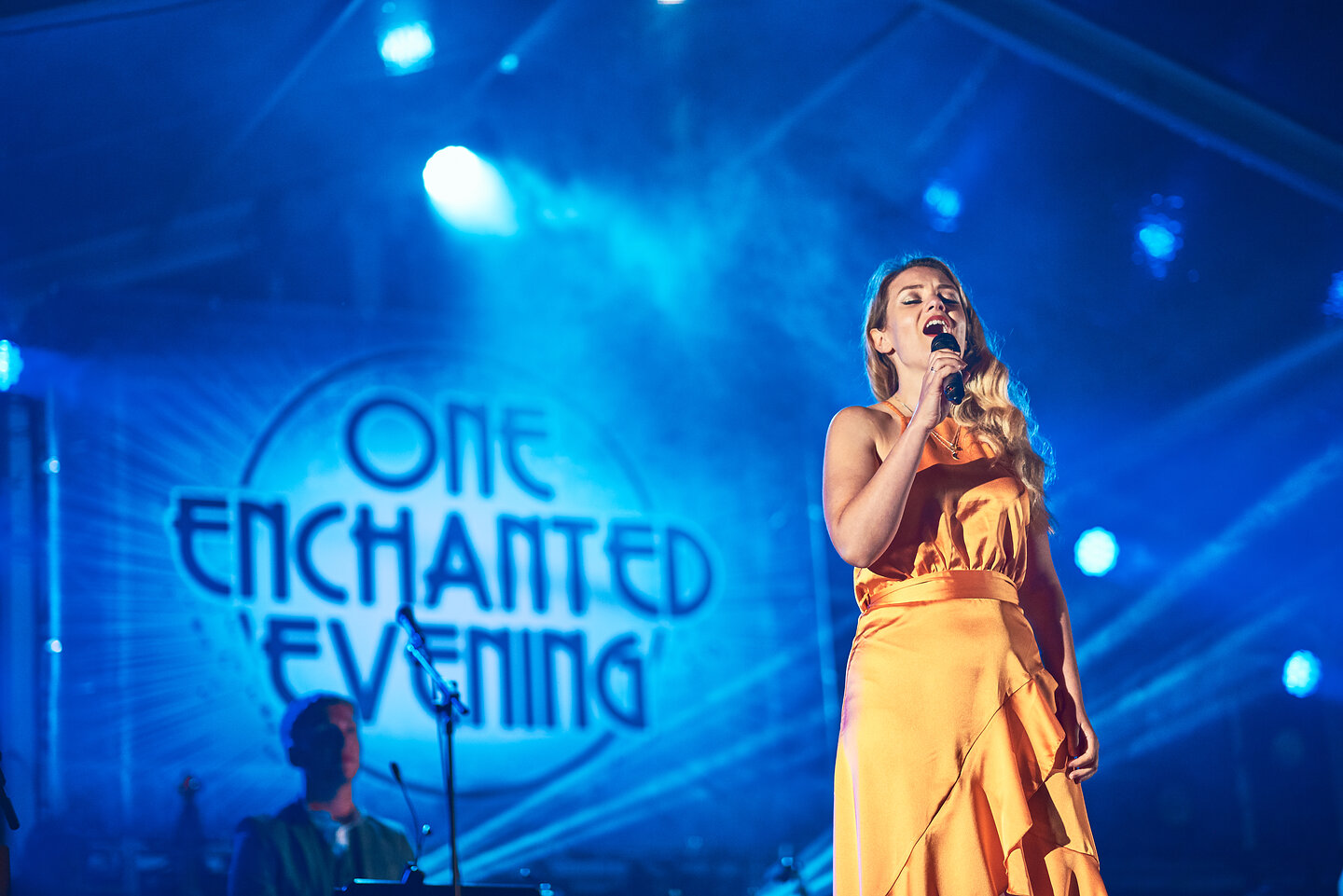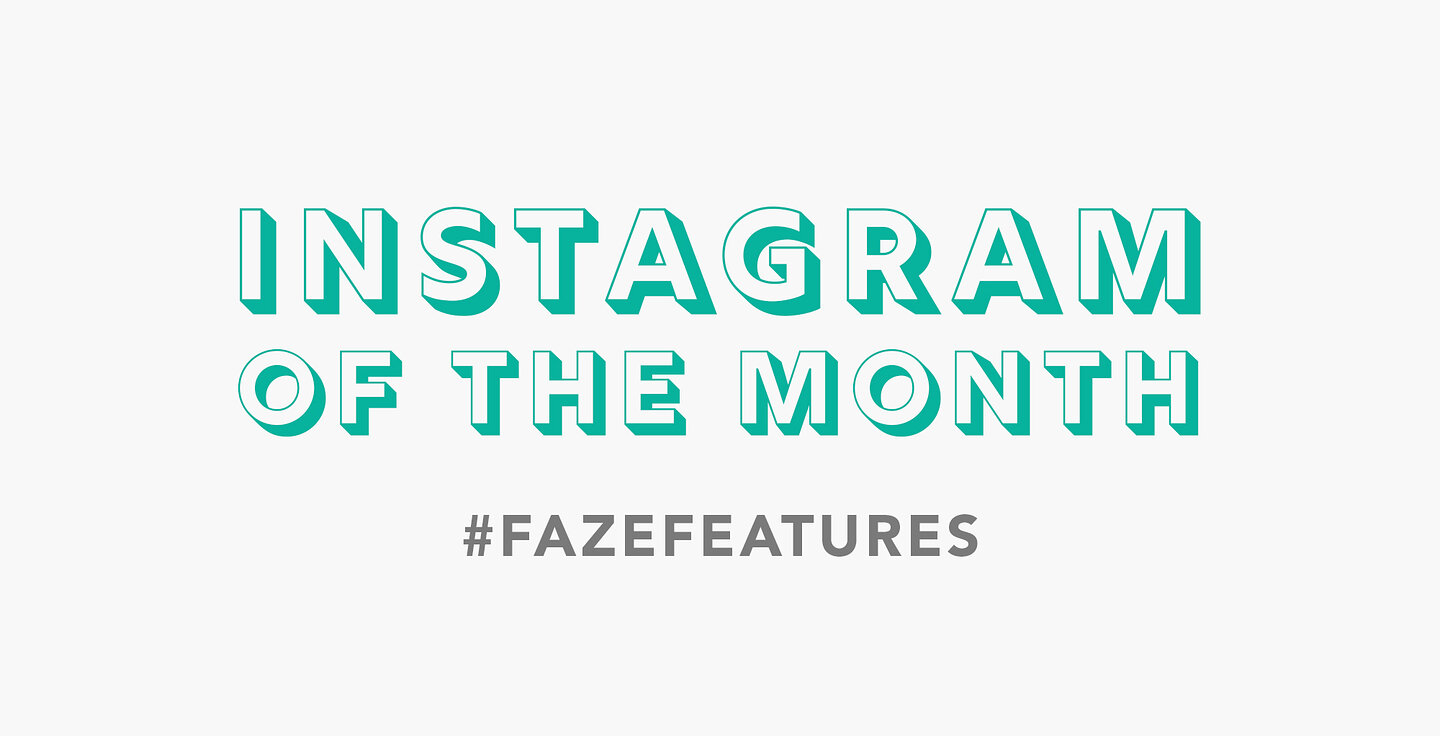Where Marketing and Making Photos Meet - a Conversation with Kurtis Hooper
Photography is a vital asset for any kind of marketing in today's world. We spoke to Kurtis Hooper about the role your imagery plays in marketing the events you shoot. This article is a must read for all event photographers and event planners alike - it's littered with fantastic advice on how to approach a digital marketing campaign.
"I feel as though a photographer's style over experience is much more applicable than ever."
Kurtis knows a thing or two about putting a digital marketing campaign together - he is a Digital Marketer and Community Manager at Full Circle Agency as well as the CMO and a partner of Toronto Rave Community, he's worked on digital marketing campaigns for live events and businesses in both North America and the Middle East. Motivated by successful analysis, community building, travel, and his clients' willingness to explore new creative avenues. He's an expert in event and hospitality digital marketing. Projects include; Ultra Music Festival (Abu Dhabi), Vujaday Music Festival (Barbados), W Hotel (Dubai), Solis Music & Arts Festival (Pakistan), Capture Group (Toronto). Aside from all this, Kurtis is a phenomenal events photographer, giving him a fairly unique view on the world of events photography and the marketing that supports the industry.
Q. Thanks for speaking to us today, you're an events photographer and a digital marketing expert who has worked on some awesome events right across the world - does this give you any extra insight into what kind of images event management want (and need) to market their future events - and how heavily does this influence your approach when shooting?
This is a great question and is a factor that I feel live event photographers should seriously inherit much more often. Working as a marketer for live events has impacted my shot lists as well as my composition. Alternatively, I’ve found that it’s helped in creating a better dialogue between myself and clients.
Before setting foot in a venue or frolicking on a festival’s grounds, photographers should ask themselves where their photos will be used and what they can do to better impact the usage of those photos. Leaving negative space for a social media manager to crop your photos for multiple social media placements, keeping branding/sponsors’ logos intact in images or taking photos of the target demographic rather than simply the most excited audience members are factors that may make your photos more useful to the client and subsequently drive sales.
Q. As a digital marketing expert, what key aspects would you look for in a photographer if you we're looking to hire?
I feel as though a photographer's style over experience is much more applicable than ever. For example, if one is managing the branding for a bespoke outdoor festival, perhaps a travel photographer with a novel perspective of space, colour grading and subject placement could be of more value than an experienced concert aficionado.
Q. What advice would you offer to a photographer looking to start shooting larger events, with the intent of getting their imagery used in marketing campaigns?
I’d recommend for them not to get caught up on the quantity of their delivery, rather the quality. A carefully curated snapshot of a group of friends wearing the festival merch, all holding the beer sponsor’s product and smiling towards a stage that someone spent 5 minutes to set up can showcase much more skill and attentiveness to the client’s needs than 20 candids on burst mode.
Q. Digital media has become much more flexible than print, has the balance now completely shifted to digital vs print?
I find it very difficult to perceive print being the dominant placement for the kind of work we’re discussing right now. That being said, there’s something that genuinely excites me about seeing a campaign I’ve worked on come to fruition physically rather than digitally. Remember the tangible validation you'd feel when entering a video rental store and picking up a DVD case in your hands? I gain that same magical feeling when seeing my out-of-home marketing campaigns come to life instead of a simple Instagram post.
Q. When marketing an event, how efficient are targeted adverts and what other routes do you use to get your message out there?
They’re highly effective. Unless the event genuinely has a grass-roots following or existing database of guaranteed ticket buyers, targeted ads will be a dominant, if not THE dominant part of an event marketing campaign.
A route that I see myself allocating more and more budget to in the coming year(s) is Youtube. I see it as a greater resource these days for ad recall lift to determine/test if people recognise and remember your brand.
I really hoped I’d have the opportunity to dig deeper into Tik Tok this year but the Covid-19 landscape hasn’t allowed me the opportunities to do so.
Q. What does the future hold for digital marketing, will it continue to grow?
I think 2020 has seriously expedited the influx of how many digital marketing professionals are entering the workforce. Working from home has allowed so many individuals to educate themselves about the nuances of this industry.
Q. What advice would you give to festivals and events that don't fully embrace the power of social and digital media?
I think music festivals need to seek out additional ways for users to engage with them from a digital standpoint while at the event. Coachella have been a leader in this regard. They’ve accomplished being both artfully persuasive as well as allowing companies to thrive in propelling their brands through paid and voluntary ambassadorship within the festival grounds. I’d love to seek out activations that are easy to produce yet are ones fans will actively want to engage with, rather than be an untouched eyesore in the middle of a field. I have two aces up my sleeve that I’m dying to apply some day.
Q. What advice would you also offer to smaller events who may not have the budget for a full-blown digital marketing campaign?
Your small email list is way more valuable than you’re giving it credit for.
Q. Is it important that cancelled and postponed events maintain their digital marketing presence throughout lockdown to ensure their longer-term goals?
Yes-and-no. While it’s great in theory, I see it being especially challenging for a boutique festival/promoter to keep paying a social media manager or content strategist to create captivating material while the company is hemorrhaging cash.
Hosting DJ sets broadcasted from bedrooms over and over isn’t the solution to this.
Q. Finally, this year could potentially have catastrophic repercussions to the festival and events industry, how do you see the industry recovering once restrictions are lifted across the world?
I differ to whatever press release Live Nation’s offices are currently cooking up. I say this jokingly, but their projections are what I assume are grimly realistic.
If you're an event planner looking for some assistance with your digital marketing campaign, then Kurtis is your man - find his contact details at the bottom of the article. There are some seriously good points being made throughout this Q&A that many photographers will overlook whilst shooting for an event - the point Kurtis makes about knowing where and how your imagery will be used is absolutely key. As a photographer, if you can shoot in a way that makes it easy for marketers and graphic designers to choose and use your images, they certainly will.
As mentioned earlier, Kurtis is an incredible photographer - it's only right that we show some of his work right here too - his Instagram feed is full of amazing imagery, so make sure you head over and follow his journey.
© Kurtis Hooper
© Kurtis Hooper
© Kurtis Hooper
© Kurtis Hooper
© Kurtis Hooper
Thanks once again to Kurtis for talking to Faze - and thank you for sharing your valuable knowledge. If you are looking to contact him to talk about your digital marketing campaign, you can reach him here: kurtis@kurthoop.com
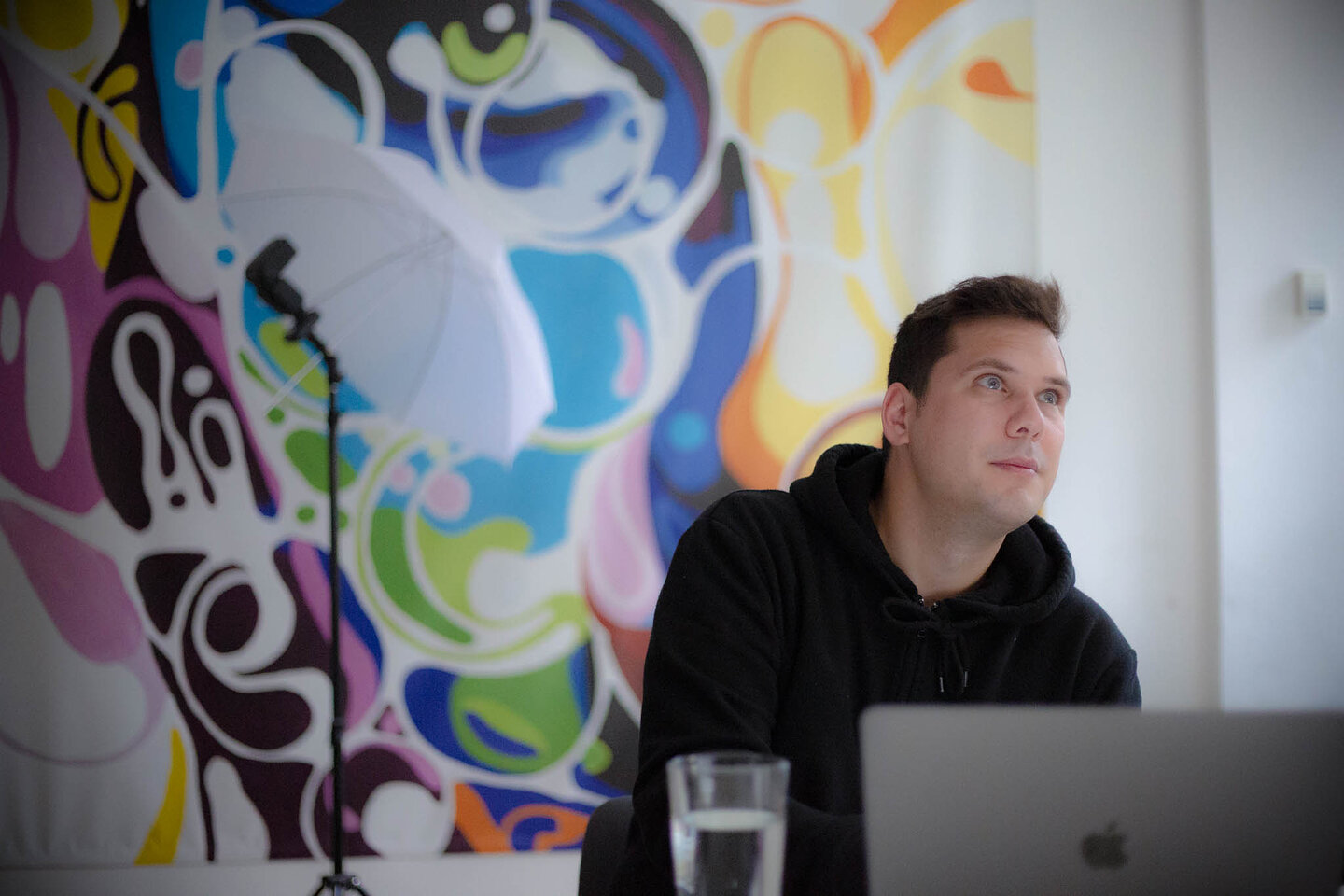
September 2020
